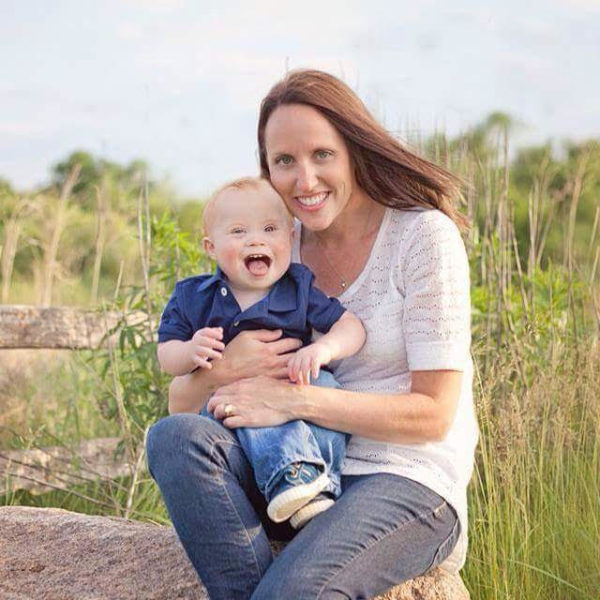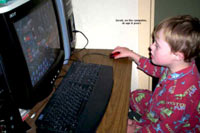
This is Wisconsin's early intervention program for infants and toddlers with developmental delays and disabilities. Our experience shows us that many DS children qualify for Katie Beckett benefits, so make sure to contact your local Katie Beckett representative to determine your own eligibility.īirth to 3 - Wisconsin's Early Therapy Intervention Program Children who are not eligible for other Medicaid programs because the income or assets of their parents are too high may be eligible for Medicaid this way. While your personal health insurance may provide coverage, the Katie Beckett (named after a young girl in Iowa when the program started under the Reagan Administration) Medicaid program can cover costs that insurance plans sometimes will not. In addition, children with DS will benefit from physical, occupational and speech therapy in their first months and years. Katie Beckett Program - Supplemental InsuranceĬhildren born with DS often experience medical complications at birth, many of which today are corrected with routine procedures. The American Academy of Pediatrics has developed specialized health care information for families of children with Down syndrome that spans the prenatal period through age 21. Health Care Guidelines for Individuals with Down Syndrome The DSCW is connected with a statewide network to assist families in need. This requires a comprehesive, multidisciplinary health care approach. This organization is committed to improving the health and well-being of children and adults with Down syndrome, which may include complex issues.

But perhaps this sample can offer you some guidance.ĭown Syndrome Clinic of Wisconsin - Children's Hospital This document is designed to provide suggestions to help talk about Down syndrome. We must remember to focus on the possABILITIES and not the DISabilities of a person. Their personality, individual characteristics, gifts and talents define who they are.


The diagnosis or medical condition of an individual does not define who they are or what they are capable of. All people are people first and foremost and people with special needs secondary.

How should I talk about Down syndrome? We must sometimes remind ourselves to communicate about individuals with Down syndrome (and other special needs) in a positive and accurate manner. Talk About Down syndrome - People First Language


 0 kommentar(er)
0 kommentar(er)
